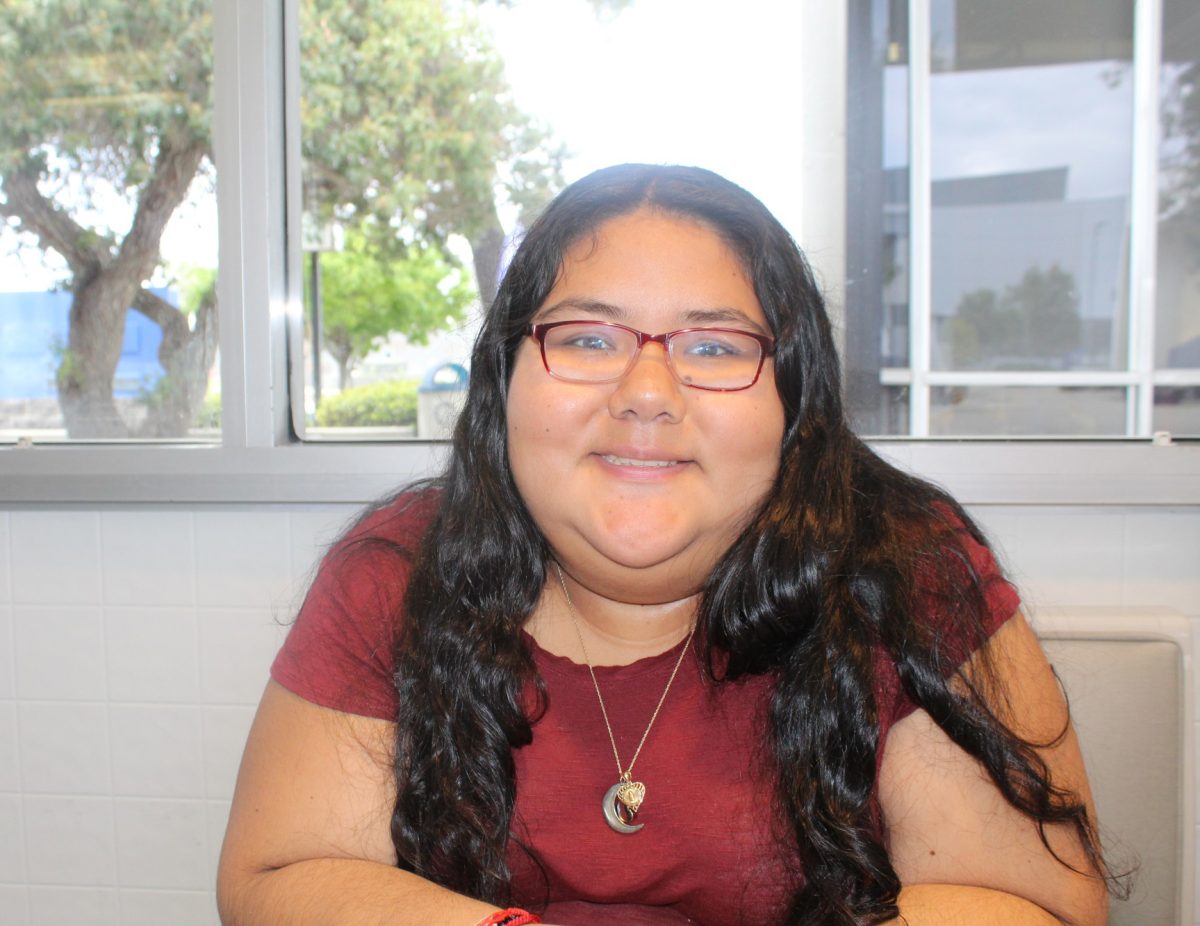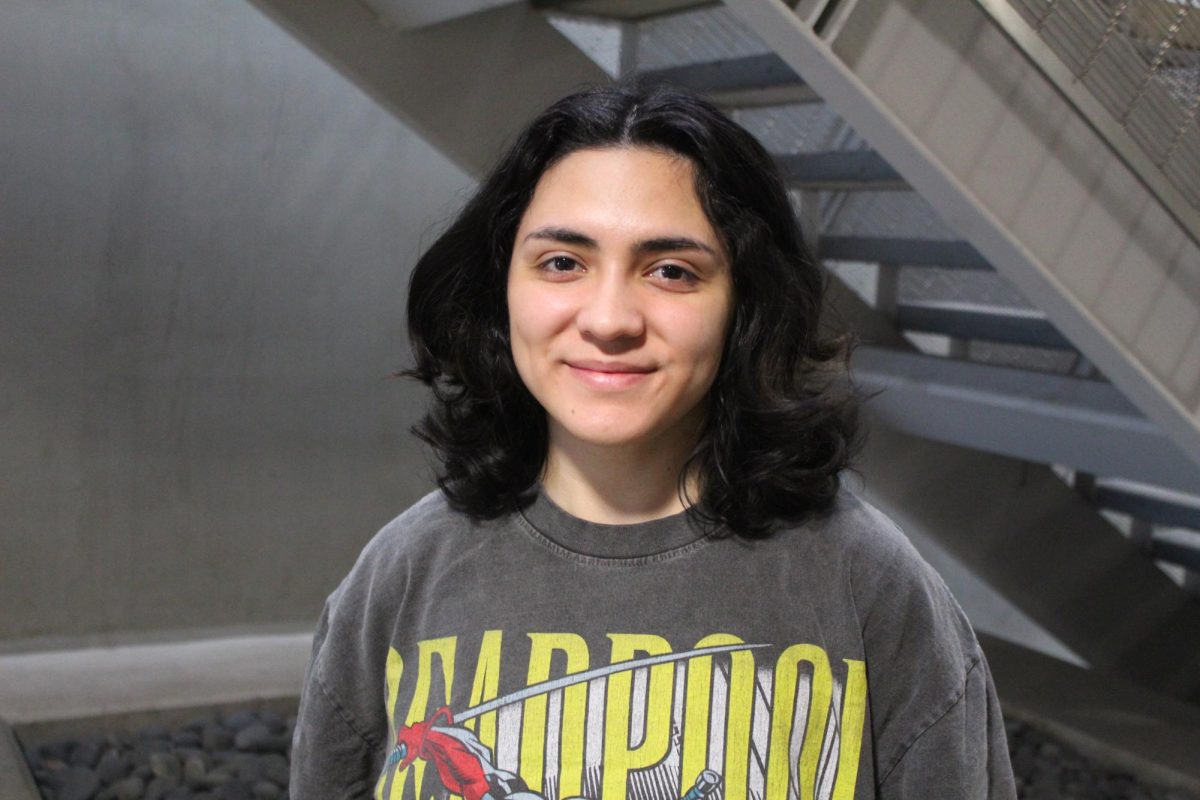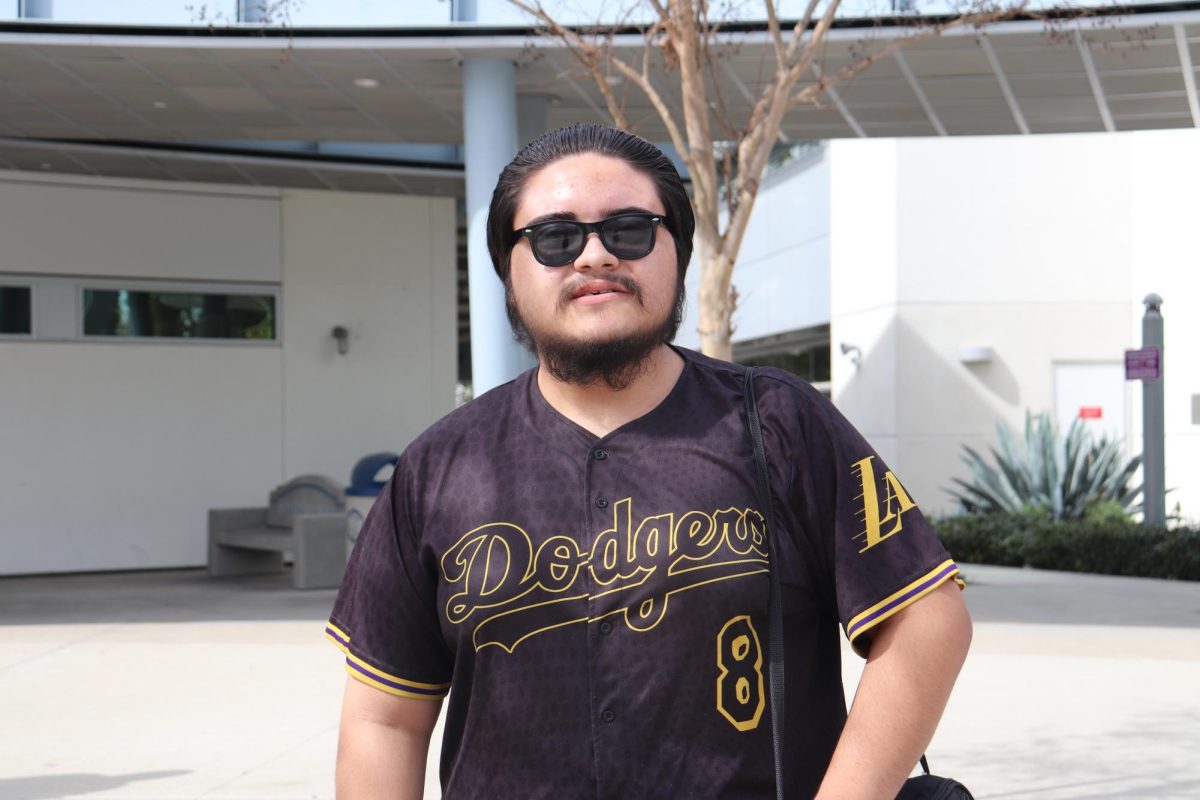Editors Note: When this article was published it was done so with a factual error. The writer and staff were unaware that SB-320 is a bill concerning the abortion pill and NOT the emergency contraception pill known as “plan B.” We apologize for any misinformation that was spread during it’s time of publication.
At this stage in our lives it is now becoming generally acceptable to embrace your sexuality in a healthy manner.
However, there is still stigma regarding what some people choose to do if their sexual explorations result in a pregnancy, specifically abortion.
Science has improved so much to the point that the days of uncomfortable appointments with the family clinic to terminate a pregnancy are gone and so is the guilt.
College students barely have time to sleep let alone time to raise a baby or to take that awkward trip to terminate the pregnancy.
According to Planned Parenthood, there are two types of invasive in-clinic abortion procedures: Vacuum aspiration and dilation, and evacuation.
Before any type of procedure, the person considering the abortion must set an appointment, discuss options, undergo an exam, lab tests and potentially undergo an extra exam based on how far along in pregnancy.
The vacuum aspiration method takes 5 to 10 minutes and the dilation and evacuation procedure takes 10 to 20 minutes.
Recovery time for either procedure is an hour long and can result in cramping, minor bleeding and spotting.
That’s roughly two days devoted to the procedure, that’s two days that could be devoted to school work, gone.
The medical abortion method is just as simple and easy as taking a pill.
That’s why the Campus Action for Reproductive Equity (CARE) are campaigning the for the approval of bill SB-320 which will allow state universities to provide students with free access to medical abortion.
This bill prioritizes state university students and not community college students.
However, if community colleges want the resource they must request funding from the Medication Abortion Implementation Fund.
According to SB-320, “The Treasurer shall prioritize grants to public university student health centers over grants to student health centers at other public and private secondary postsecondary educational institutions.”
Since universities are prioritized in the bill for medication abortion, it is not 100 percent guaranteed that community colleges would receive funding in the first place.
The bill should encompass all colleges because the fact of the matter is is that state university students are not the only students that have to deal with a pregnancy.
Pregnancy is not biased on whether or not a student goes to Cal State Long Beach or Cerritos College.
Most students on campus rely on financial aid and also obtain a job as another source of income to pay for their schooling.
If students can barely afford to be enrolled in a community college what makes the people behind SB-320 that only state university students are allowed to be given a free resource that will defer such an expensive action as an invasive in-clinic abortion.
Some community college students may not even have insurance that would be able to effectively cover the cost of an abortion.
How does it not make sense to give broke people the free resource?
Of course, there are other cheaper methods to avoid pregnancy in the first place such as birth control pills, condoms and Intrauterine Devices.
Unfortunately, the wellness center does not provide IUD due to lack of resources needed to administer the contraceptive.
And, situations may arise where these forms of contraceptives may not prevent pregnancy.
A sexual assault or rape may have occurred and no survivor is ever prepared for that type of situation to happen.
So why is that they should have to be put through more mental and physical strife over an event that was out of their control?
This bill is construed as a controversial issue simply because the stigma surrounding birth control and abortion still remains to this day.
College students don’t have time for society’s stigma and shouldn’t have to be punished for it.
If medical abortion becomes easily attainable on campus it’s not like every person on campus with a female reproductive system is going to rush the health and wellness center and pop the pill like tic tacs.
Obviously, bill makers understand that state colleges students need beyond affordable resources and will be responsible enough to only ask for the abortion pill as a last resort situation and not in lieu of an everyday contraceptive.
Well, community college students can reach those expectations perfectly fine.



















